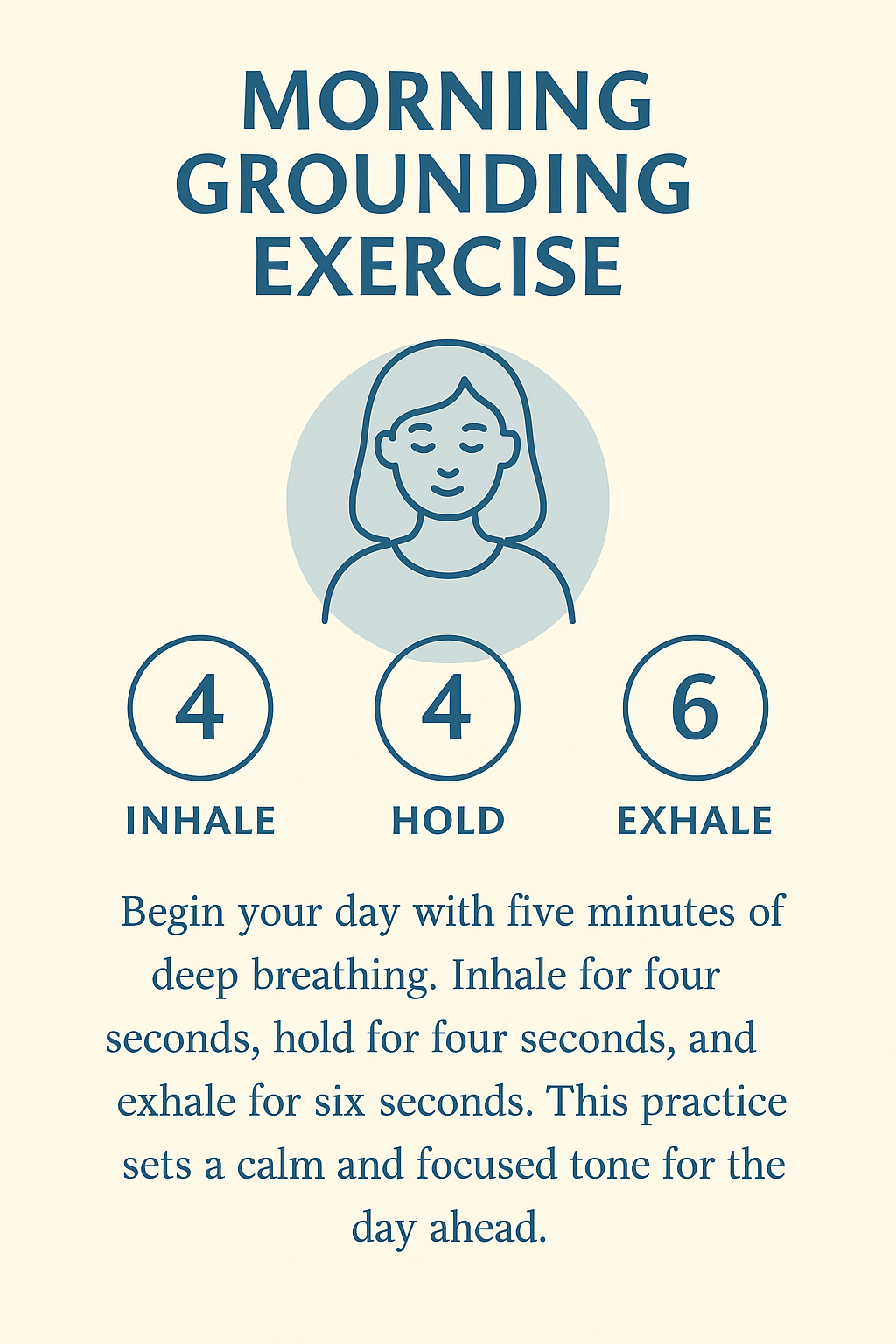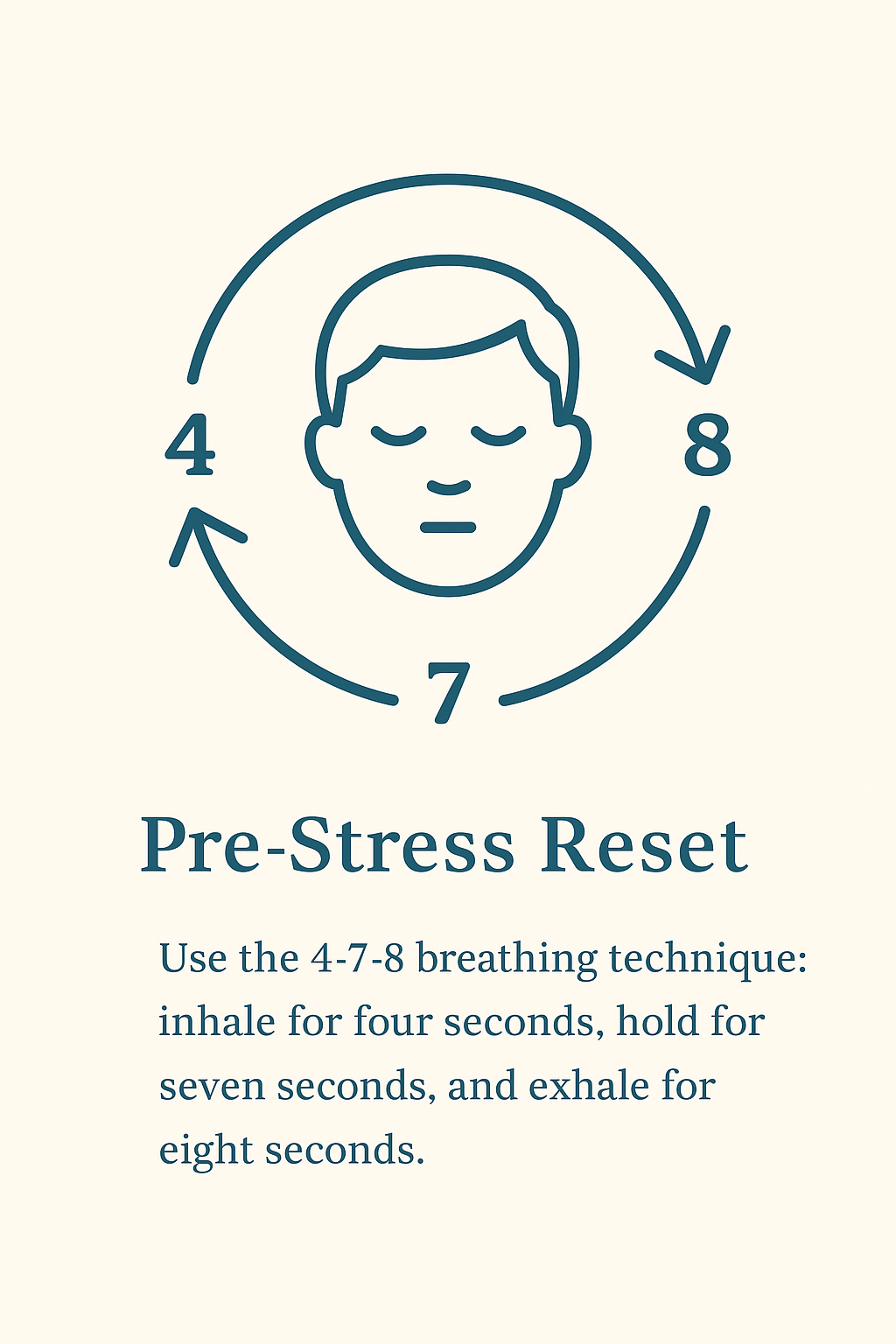Reducing Stress This April: The Power of Breathwork for Stress Awareness Month
April is Stress Awareness Month, a time to reflect on the impact of stress on our lives and explore ways to manage it effectively. Stress is an ever-present challenge, particularly in fast-paced work environments. Have you noticed how stress has affected your productivity, mental clarity, or even your overall well-being?
Research highlights how chronic stress can lead to serious health issues, including burnout, fatigue, and anxiety, all of which negatively impact both individual and team performance. As we recognize Stress Awareness Month, it's a perfect time to explore breathwork as a simple, effective strategy to reduce stress and promote overall well-being.
The Impact of Stress in the Workplace
Stress in the workplace can result in:
Decreased productivity and focus.
Lowered energy levels and motivation.
Increased burnout and fatigue.
Heightened anxiety, leading to poor decision-making and emotional regulation.
These factors can create a cycle of stress that affects both individuals and teams, often leading to long-term dissatisfaction and health issues. But by addressing the root cause, stress itself, we can break this cycle and improve both mental and physical well-being.
How Breathwork Can Help Alleviate Stress
Incorporating breathwork techniques into your daily routine is one of the most effective ways to reduce stress and enhance your well-being. Breathwork practices, such as deep and slow breathing, activate the parasympathetic nervous system, which induces a relaxation response and reduces the physical symptoms of stress. This physiological shift has many benefits, including:
Improved focus and mental clarity.
Enhanced emotional regulation.
Reduction in stress-induced anxiety.
By dedicating just a few minutes to breathwork each day, individuals can lower their stress levels, feel more grounded, and experience increased emotional resilience. It’s a simple practice with profound effects on both body and mind.
Practical Breathwork Techniques for Stress Management
To help reduce stress during your workday, here are some breathwork techniques you can easily incorporate:
Morning Grounding Exercise:
Begin your day with five minutes of deep breathing. Inhale for four seconds, hold for four seconds, and exhale for six seconds. This practice sets a calm and focused tone for the day ahead.
Pre-Stress Reset:
Before tackling high-pressure tasks or situations, use the 4-7-8 breathing technique: inhale for four seconds, hold for seven seconds, and exhale for eight seconds. This method helps calm your nervous system and reduces stress before diving into demanding tasks.
Midday Stress Relief:
When feeling overwhelmed, take a short break for diaphragmatic breathing—breathe deeply into your abdomen, hold briefly, and exhale slowly. A few minutes can help reset your nervous system and restore balance.
Conclusion
As we celebrate Stress Awareness Month, it's crucial to acknowledge the impact stress has on our overall well-being and take proactive steps to reduce it. Breathwork offers an accessible, practical solution to manage stress and enhance mental clarity, focus, and emotional regulation. By making breathwork a daily practice, you can create a healthier, more resilient approach to stress in the workplace and beyond.
Let’s prioritize mental health, reduce stress, and create a culture of well-being, starting with just a few minutes of mindful breathing every day.




